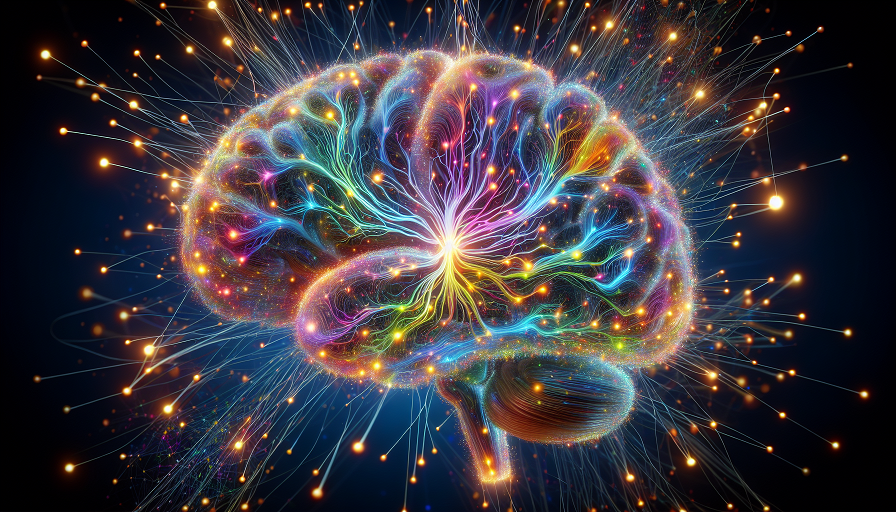
Ever tried to think clearly after a long day without water? It’s like trying to run a marathon in heavy boots—your brain feels slow, tired, and unfocused. That’s because water isn’t just a thirst-quencher; it’s essential for keeping your brain firing on all cylinders. Hydration impacts nearly every aspect of cognitive function, from speed and memory to mood and decision-making. If your brain is 75% water, imagine what happens when it’s running low.
Contents
How Dehydration Impacts Cognitive Speed and Memory
Dehydration might not seem like a big deal at first—maybe you feel a little thirsty or tired. But even mild dehydration (as little as a 1-2% drop in body water) can start to affect your brain. Water is crucial for maintaining the balance of electrolytes that neurons need to communicate effectively. Without it, those electrical signals that drive memory, attention, and problem-solving slow down, leading to cognitive fog.
Studies have shown that dehydration reduces reaction times and short-term memory. For example, one study in Frontiers in Physiology found that participants who were dehydrated performed significantly worse on tasks requiring sustained attention and memory recall compared to their hydrated counterparts. It’s no wonder those simple facts or names seem to disappear when you haven’t had enough water.
Dehydration also impacts mood and decision-making. When the brain detects lower water levels, it triggers stress responses, making you feel irritable or anxious. These emotional shifts further sap your focus and ability to think clearly.
Even physical symptoms of dehydration, like headaches or fatigue, add to the mental burden. When your brain isn’t getting enough water, it shrinks slightly, pulling away from the skull, which can lead to those dreaded dehydration headaches. It’s a literal pain in the head that slows you down even more.
Strategies for Maintaining Optimal Brain Hydration
Fortunately, keeping your brain hydrated doesn’t have to be complicated. Here are some practical tips to ensure your cognitive engine stays well-lubricated.
Drink Consistently Throughout the Day
Waiting until you’re thirsty means you’re already slightly dehydrated. Aim for steady hydration by sipping water regularly, especially during activities that require mental focus or physical exertion.
Start Your Day with Water
After hours of sleep, your body wakes up slightly dehydrated. A glass of water first thing in the morning can kickstart your brain and metabolism.
Don’t Rely on Thirst Alone
Thirst isn’t always a reliable indicator, especially as we age. Set reminders to drink water or use apps that track your hydration levels.
Hydrate with Foods
Water-rich fruits and vegetables like cucumbers, watermelon, and oranges are not only refreshing but also help boost hydration. These are great for snacking, especially during hot days or long work sessions.
Balance Electrolytes
If you’re sweating a lot due to exercise or heat, replenish your electrolytes with drinks containing potassium and sodium. Coconut water or lightly salted homemade electrolyte solutions work well without the added sugars of many sports drinks.
Limit Dehydrating Beverages
Caffeine and alcohol can dehydrate your body, especially in large amounts. Balance these with water to keep your brain functioning smoothly.
Carry a Reusable Bottle
Having water on hand makes it easier to drink consistently throughout the day. Bonus: you’ll cut down on plastic waste while keeping your brain hydrated.
Hydration is one of the simplest yet most impactful ways to support your brain’s performance. From sharper memory to quicker reaction times, staying hydrated ensures your brain can work as efficiently as it’s designed to. So, the next time you feel sluggish or foggy, skip the energy drinks and reach for the one thing your brain truly craves: water.

